Listen to Podcast Now:
Do you feel you need to raise your confidence in your job interviews? Join career expert and award-winning author Andrew LaCivita as he discusses job interview confidence: boost yours with these protips!
Confidence and the way you exude it is one of the most important ingredients to a successful job interview!
Let’s level-set here. I know you all have varying degrees of confidence. Whoever you are, however confident or non-confident you are, think about when you were most confident.
You probably felt super-knowledgeable about what you were doing or discussing. Knowledge breeds confidence.
You also probably felt very prepared. Preparation breeds confidence.
So, the first thing I want you to do is just take a deep breath. Remember, if you are in a job interview, you are likely qualified for that job and you can do it effectively. That’s why the employer invited you in for an interview. So take some comfort in that.
Now, the preparation part is something I can really help you with. That’s what we’re going to focus on in this video.
Before we dive into that, I want you to think about the context of three biggest aspects of what’s happening in a job interview:
- You’ve got you, and your story, and what you’re all about.
- You’ve got the employer, the questions they’re going to ask you, and the responses you give them for them to determine whether you’re a good fit.
- You’ve got the questions you’re going to ask the employer to determine if they’re a good fit for you.
- Know your story.
I’m sure some of you are out there thinking, Andy, I live with myself all the time! Of course I know my story.
I won’t argue with that, but there’s a huge difference between knowing what you’ve done, being able to recall it in detail under duress, bringing real life into it with the color and details you give your story when you share it with somebody.
Let’s paint the scene. You start the interview. It’s all about your story in the beginning.
Somebody just asked you, “Tell me about yourself.” Or how about this one, “Walk me through your resume.” That’s the best because now you can waltz right through it, you’ve got your resume to use as a crutch.
Like I said, remembering what it is you did isn’t so difficult. But, being able to share your story with some real life, that’s where the confidence comes in.
So, before you go into a job interview, I want you to think back. Sit down with your resume, pour your favorite cup of coffee, and sit at the coffee table. You’ve got no distractions. You’re not under any duress.
Go through your resume and think through the highlights on your resume and all the bullets you’ve got laid out there. What was actually happening at the time you were doing that?
Remember, some of these activities you performed might be ten years old, but they could still be very, very relevant to what the employer wants to know. Who was on the project?
What were you doing? Think about what the air smelled like. Think about the business problem.
I have a great aid you can download I call my career achievements journal. It’s got 14 points you should address for every major project in your career.
Use those questions to stimulate your thinking so you could start to recall what was happening throughout the last 10 or 20 years of your career. So, when somebody says as you’re walking through your resume, “Hey, hold it right there, that’s really interesting to me. Let’s talk a little bit more about that part of your career.”
Now, you’re ready to say, “You know what, oh man, that was such a wonderful time in my life. I was on this 30-person project team, we were implementing this software system for our customer. I was managing a five-person SWAT team that was focusing on the architectural design and development blah blah blah.”
That is much different when you have it at your fingertips, even though it was 10 or 15 years ago, and you’re able to articulate it with details. Details about what’s going on at any moment in your story is what brings life to it. It helps the person paint a picture of what is happening, and it makes them feel as though you know your stuff, and you will come off as confident!
- Know your responses.
When they start asking more detailed questions about your experience and your skill sets, knowing your responses and the details you want to share will be extremely important.
For this point, I’ll offer your a great webinar titled 3 Keys to Ace Any Job Interview. Attendees receive a bonus ebook called Ace Your Job Interview, Master the Best Responses to the 14 Most Effective Job Interview Questions.
If you look at the questions, you will see a pattern. There are a lot of very, very good interview questions the employer disguises, but they’re all looking for the same 15-20 aspects about you.
Use the eBook to get the questions and career journal to help with your responses.
The preparation, your understanding of the most common and most critical job interview questions, and knowing your responses are somethings you can do in advance.
You can use that career achievements journal to stimulate your thoughts and the details that go along with those responses. Knowing those responses cold will help you come off as more confident. And, you’ll be ready for any question that comes along.
- Know your questions. And follow up questions.
If you are well researched and have very well thought-out questions, these can be scripted based on your requirements and what’s important to you.
Here’s your protip: it’s not just good enough to ask well-designed questions, and be thorough, and show that you’re researched. Confidence comes from able to quickly respond to what the employer says in his or her response to your question.
So step number one is nailing the question you want to ask. Step number two is you spending some time, in advance, anticipating the employer’s possible responses and being ready with your follow-up questions.
That shows them you’re confident. That shows them you know what you’re looking for. That shows them you know how to investigate. Confidence comes from that, and if you are able to anticipate what the likely outcomes will be, you’re going to be way ahead of the game.
I hope you like those points. If you enjoyed this, give me a like, a comment, and a share!


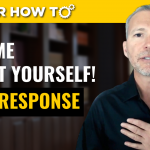
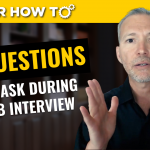
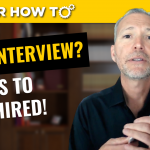
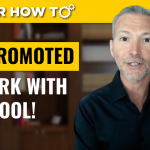
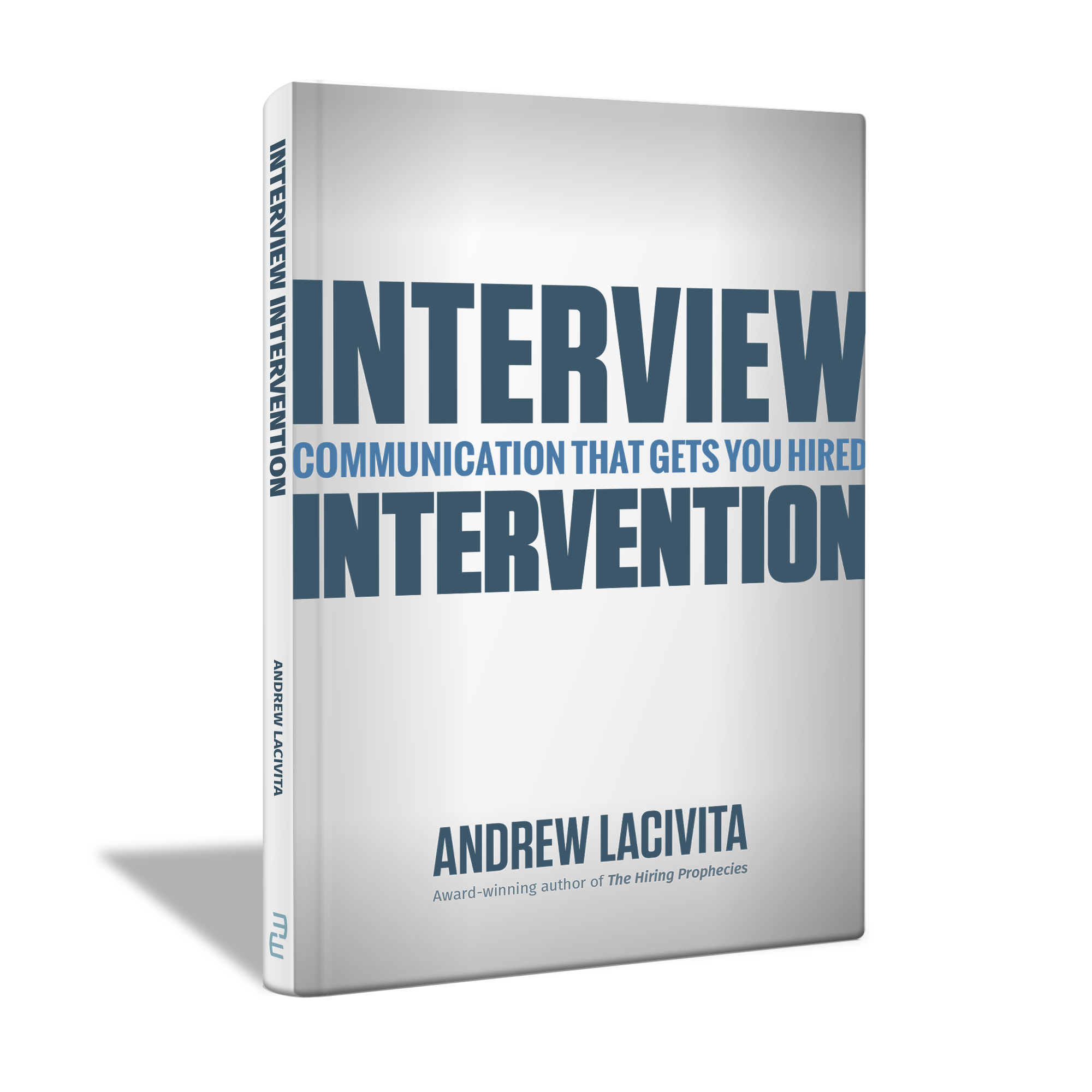
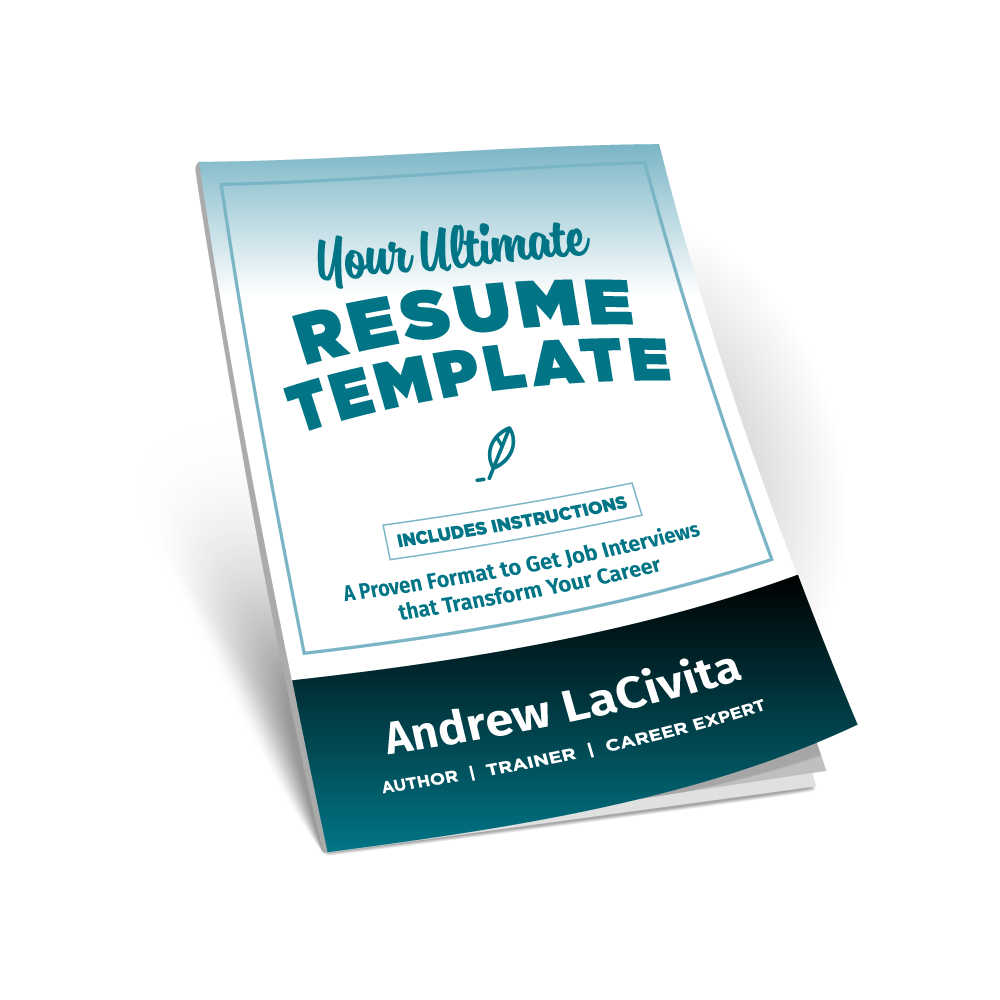
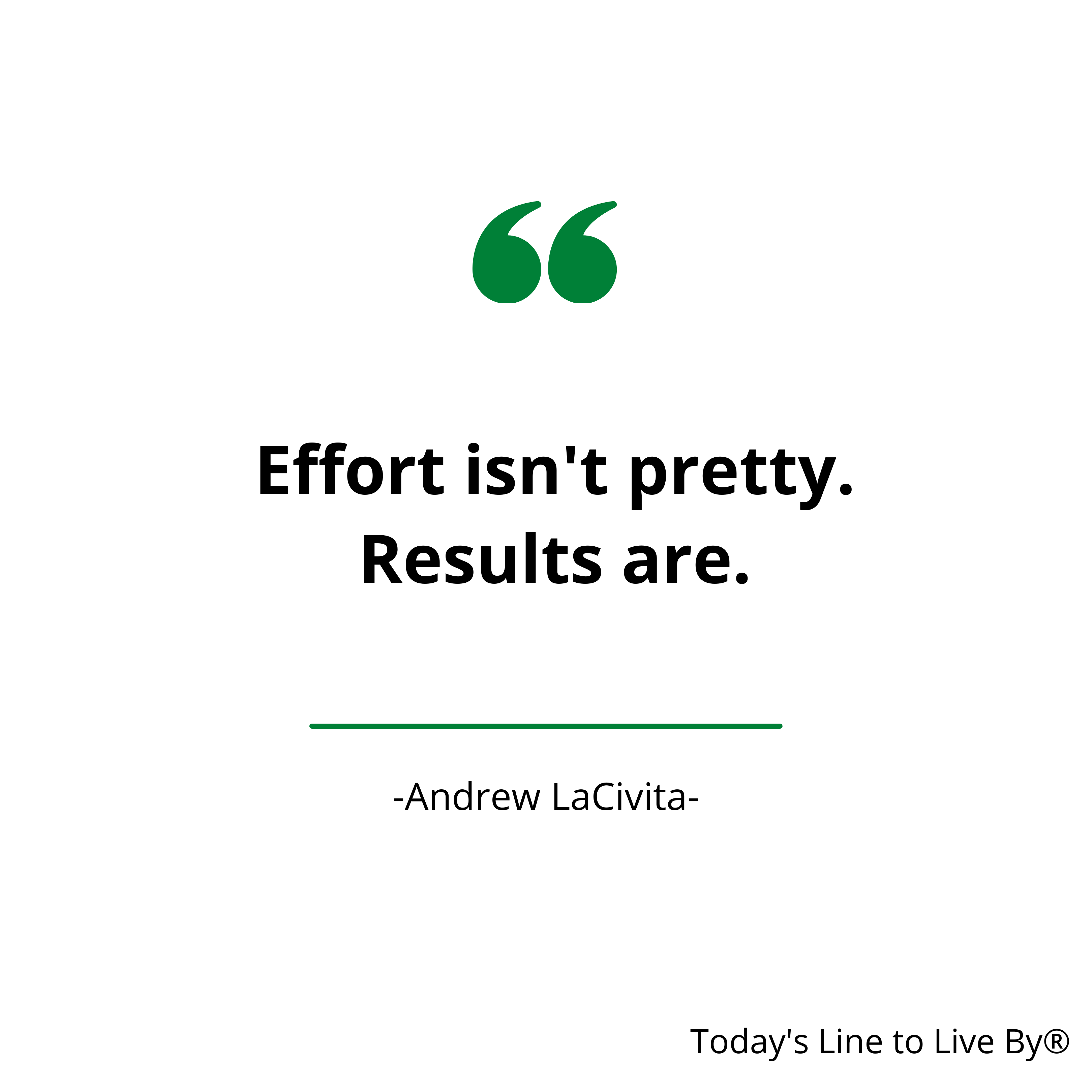
Wow! I have found so important for me in this article. I have been through many interview and what i have faced that i was lack in my confidence before job interview and that made me go away from landing the job i want to. But now after reading this article i feel very energetic and confident that i will crack my next interview easily. Thanks a lot!